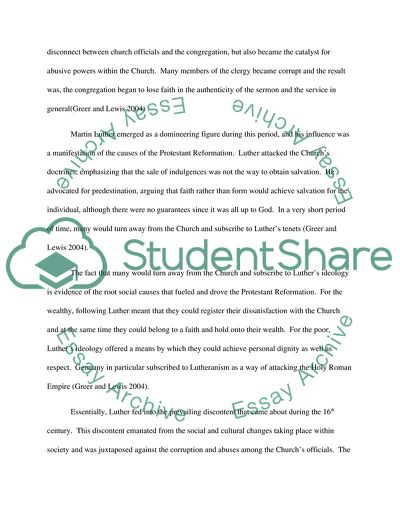Cite this document
(History of Western Civilization Assignment Example | Topics and Well Written Essays - 2000 words, n.d.)
History of Western Civilization Assignment Example | Topics and Well Written Essays - 2000 words. https://studentshare.org/history/1731415-history-1-class-history-of-western-civilization-i
History of Western Civilization Assignment Example | Topics and Well Written Essays - 2000 words. https://studentshare.org/history/1731415-history-1-class-history-of-western-civilization-i
(History of Western Civilization Assignment Example | Topics and Well Written Essays - 2000 Words)
History of Western Civilization Assignment Example | Topics and Well Written Essays - 2000 Words. https://studentshare.org/history/1731415-history-1-class-history-of-western-civilization-i.
History of Western Civilization Assignment Example | Topics and Well Written Essays - 2000 Words. https://studentshare.org/history/1731415-history-1-class-history-of-western-civilization-i.
“History of Western Civilization Assignment Example | Topics and Well Written Essays - 2000 Words”. https://studentshare.org/history/1731415-history-1-class-history-of-western-civilization-i.


